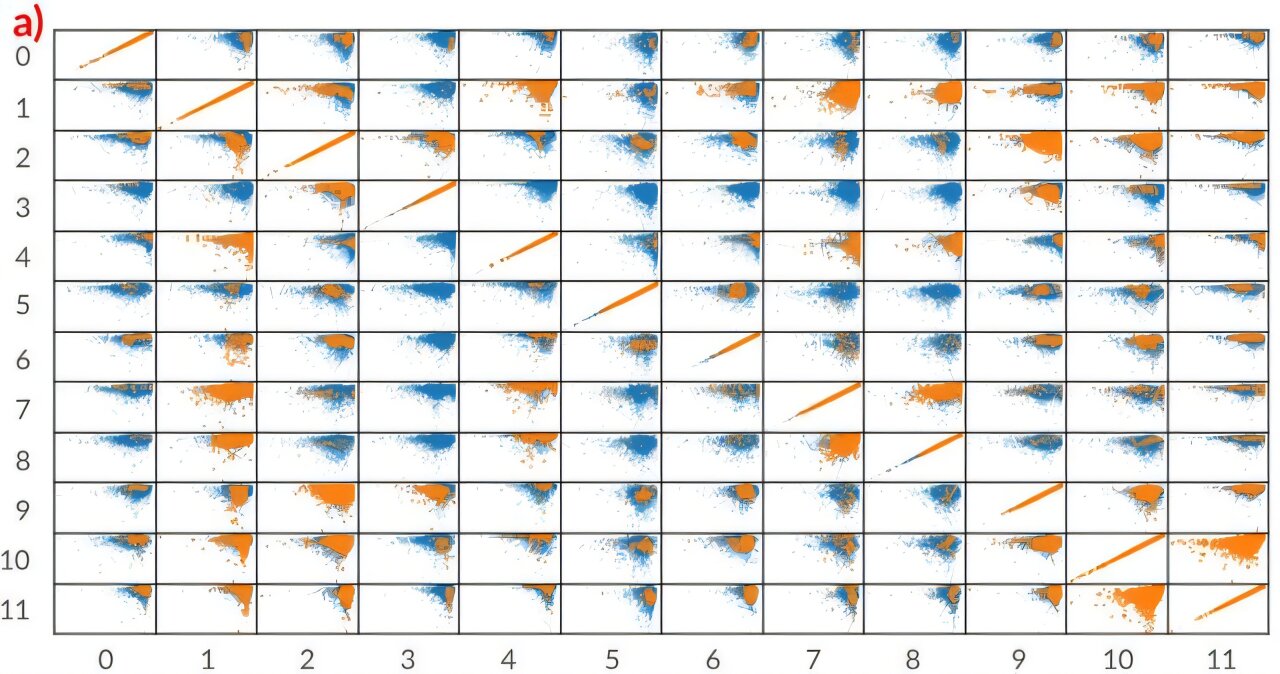AI Drug Development
The process of developing new drugs to combat illnesses has traditionally been both lengthy and costly. However, researchers at the University of Waterloo are leveraging machine learning to accelerate this process. They have developed Imagand, a generative AI model that evaluates existing drug information and predicts their potential properties. By training and testing this model with existing drug data, the team has demonstrated Imagand’s accuracy in predicting key drug properties, many of which have been validated through independent laboratory studies.
The research, titled “Drug discovery SMILES-to-pharmacokinetics diffusion models with deep molecular understanding,”is available on the arXiv preprint server.
Historically, bringing a new drug to market requires over a decade and costs between $2 billion and $3 billion. Generative AI has the potential to revolutionize drug discovery by analyzing vast datasets spanning various domains.
“There’s a massive pool of possible chemicals and proteins to explore when creating new drugs,” explained Bing Hu, a Computer Science Ph.D. candidate and lead author of the study. “Testing millions of molecules against thousands of targets is incredibly expensive. Our goal is to make this process faster and more affordable with AI.”
One of the toughest challenges in drug development is understanding not only how a drug impacts the body on its own but also how it interacts with other drugs or a person’s lifestyle. This data is hard to obtain, as most studies focus on predetermined properties rather than these broader interactions.
The research team envisions a future where Imagand helps medical researchers evaluate drug interactions, enabling them to rule out candidates that might cause harmful side effects or adverse reactions.
“This AI-based approach can, for instance, reveal a drug’s toxicity, its impact on the heart, or its potential to interact negatively with other commonly used treatments,” said Helen Chen, a professor in the School of Public Health Science and Computer Science at Waterloo. “It’s an exciting step towards more precise and personalized healthcare.”
More information: Bing Hu et al, Drug Discovery SMILES-to-Pharmacokinetics Diffusion Models with Deep Molecular Understanding, arXiv (2024). DOI: 10.48550/arxiv.2408.07636
Journal information: arXiv

